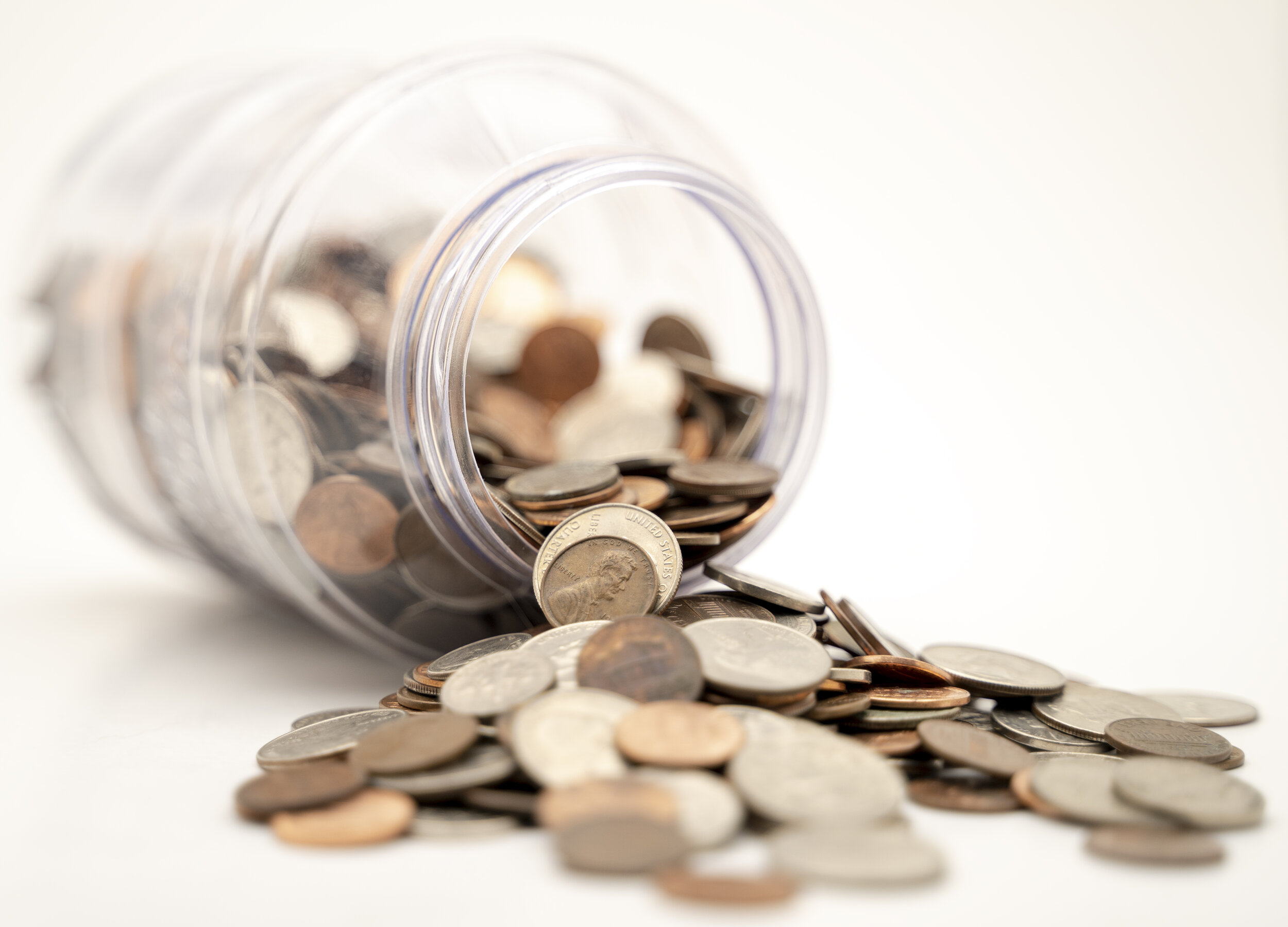Consequences of Not Having Cash Reserves
Significant expenses in development occur, and homeowners must cover the costs, one way or another.
An HOA commonly maintains a type of savings account called the cash reserves or a reserve account for significant, infrequent, or unexpected common area costs.
When a development's homeowner's' association (HOA) encounters large or unexpected expenses, the HOA needs money to repair or replace the damage. For example, what if a clubhouse roof starts leaking, the pool needs resealing, or a piece of equipment in the fitness room breaks down? At times like these, it is wise for HOAs to have a reserve account.
HOA & COA Fiduciary Responsibilities
In last week's post, we focused on the responsibilities the HOA has to maintain cash reserves. This week, we are taking a closer, in-depth look at why your HOA needs reserve funds and the consequences that may occur if your HOA doesn't plan for the future.
The governing documents typically give the HOA the right to collect periodic dues from each homeowner to pay for the ongoing operation, maintenance, repair, and replacement of the common areas. To determine how much money it needs to collect, an HOA adopts an annual budget.
The number of ongoing maintenance costs depends on how many common areas the development contains, and the amenities offered. For instance, the HOA may need to budget for universal landscaping parks, cleaning and maintaining a shared pool, or providing janitorial service and utilities for a community clubhouse. In a higher-end development, the HOA might also be responsible for paying neighborhood security staff, maintaining outdoor lighting, and caring for tennis courts and spas.
In a well-run development, in addition to the ongoing daily maintenance and operation costs, the HOA's annual budget will designate a portion of the dues collected to go into a reserve fund. Such expenses might include the cost of repairing leaky pipes in the common clubhouse, replacing broken down fitness equipment in the workout room, or resurfacing the swimming pool.
No Reserve Fund Equals Higher Dues or Special Assessments
An HOA without an adequate reserve fund may have to increase dues significantly right away or levy special assessments. Neither of these options will get you popularity points with the development's homeowners. Owners will likely refuse the upsurge, as many might not be able to afford steeply increased dues or the demand for a large amount of money (as in the case of an individual assessment).
Also, raised dues and special assessments are inefficient solutions. Both penalize current owners for the HOA'sHOA's previous lack of planning. It'sIt's much more fair and efficient to automatically include repair and replacement costs as a part of the periodic dues, as occurs when a reserve fund is adequately maintained.
The Money that Should Be in the HOA Reserve Fund
The HOA must determine an appropriate amount to put in its reserve fund, just as one does with his or her personal savings account.
An HOA commonly has an outside accountant prepare a "reserve study," which sets out a long-term schedule of likely costs and repairs. The reserve study will, in most cases, estimate the cost and timing of the repairs and replacements to the common areas that need to be repaired or replaced over the next 20 to 30 years.
For example, if the reserve study anticipates that the townhomes will need a new roof in ten years, the study's schedule will disseminate the estimated cost of the repairs for a ten year period. They will then suggest that the HOA collect enough in periodic dues to set an allocated amount into the reserve fund in each of those ten years.
State law governs when and how often an association must have a reserve study performed. Chapter 718 of the Florida Statutes governs condominium associations, and Chapter 720 governs homeowners' associations. In short, Florida law generally requires condominium associations to have a reserve study performed once every three years. HOAs perform reserve studies only as they're needed for governing documents.
To learn more about Florida HOA and COA reserve fund laws and statutes, please visit this website.
Keep the Reserves Funded
Properly maintaining the reserve fund is an essential component of maintaining a healthy HOA. Even if the HOA has an adequately funded reserve fund now, it must ensure that it stays this way.
To avoid upsetting homeowners with frequent, modest raises to periodic dues, HOAs have dipped into the reserves for regular, ongoing expenses. This practice is not healthy, as it is common to raise fees to keep up with increased maintenance costs.
A board member who obtained a position on the board by promising not to raise dues was not being fiduciary responsible. However, if expenses continue to rise, and the contributions stay the same, the HOA'sHOA's ongoing use of the reserve fund money will eventually run out. Therefore, the HOA will be unable to meet its repair and replacement obligations necessary to a functioning HOA.
Florida Statute 718.112(f) [3] regulates the use of money collected for reserves, limiting the use of such funds to authorized reserve fund expenditures. A vote is required if operations require the use of the reserve funds.
Contact Us With Questions
If you need to determine whether the HOA in the development you live in (or are interested in living in) has a reserve fund, please contact us. Condominium Associates is here to help you make the right choices for your association's financial health.



